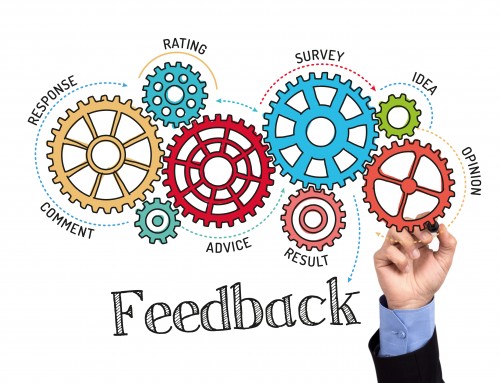Marketers have little difficulty finding agencies that can generate leads, promote events, and deliver on other tactical programs. Yet, the ultimate success of many marketing campaigns often falls short of corporate goals and expectations. The cause – a disconnect between campaign stakeholders.
Here’s an example: the marketing manager of a technology startup hires an agency to generate 50 sales qualified leads (SQLs). To ensure success, the marketing manager provides the agency with a robust buyer persona of the ideal customer. The agency then spends a month and delivers to expectations – 50 SQLs. In addition, the agency has booked five meetings with prospects at Fortune 500 companies, all eager to speak with the startup’s sales person. The marketing manager happily shares these results with the CEO, who turns out to be deeply…disappointed. Wait…what?
How can the CEO be disappointed with such quality leads? Well, while the CEO does have a long-term goal of winning blue chip clients, a more pressing short-term need is to prove market traction for their innovative product. What the CEO really needs is a few quick customer wins that can be announced and posted to the company’s website. Not only will that show momentum, it will help the company’s lead investor attract new investors to fund the company’s expansion needs. Unfortunately, big blue chip companies are very slow to purchase innovative products from startups. This means that the 50 SQLs delivered by marketing will fail to help the CEO meet the most pressing needs.
This type of disconnect is usually the result of poor alignment between C-level goals, the marketing team’s understanding of those goals, and the agency’s ability to uncover the reality of what is truly needed.
Below are three proven steps you can take to ensure your marketing campaigns align perfectly with corporate goals – both stated and unstated by your C-suite.
#1: Find a Strategic Agency with Deep Analytical and Execution Skills
Hundreds of agencies can drum up leads, and hundreds more can do all the tactical things you need to check the boxes on your campaign “To Do” list. Yet, very few have the years of strategic program execution that involve recognition and response to both tactical and strategic goals. This requires the agency to have two key skill sets. The first is a deeply analytical bent and confidence to engage the highest levels of your organization to delve into what really drives your business. The second is an ability to create a myriad of program types based on in-depth knowledge of the markets to be targeted. When an agency can present to you the types of questions and insights which you expect from Gartner/Forrester – as well as ways to meld their findings into your campaign, you can ensure both tactical success and C-level alignment. At the end of the day, the agency is really providing you with the value of an offsite CMO and industry analyst.
#2: Ask Your C-Level “What” and “When”
This may seem obvious, but asking your C-level executive what he/she needs and when it is needed can spell the difference between success and failure. Not only must you ask, you should do so on a regular basis – weekly for startups and monthly for more established companies. You’ll be surprised at how often the answer you receive changes. Document the needs and their timing, and maintain their history. Doing so will enable your agency partner to understand how your company and your marketing needs have evolved. If your agency has deep experience with strategy, they will be able to design programs that take that evolution into consideration and possibly predict where it will lead.
#3: Leverage Your Agency’s Connections
A strategic agency that has been responding to marketing and C-level needs for a decade or longer will have built up a network of connections who can bring insights and skills which you may have never before considered using. Imagine, for example, a global lead gen campaign wherein you are attempting to find partners in Southeast Asia and Australia. An expert in those regions could help customize your messaging and visualizations based on geography so that you avoid any cultural ‘faux pas’ and speak to the ideals of vastly different audiences. Again, a truly strategic agency partner will likely end up raising at least 1 or 2 issues and opportunities which you have not yet considered.
Conclusion: Recognize the Strategic Importance of Your Marketing Campaigns
When you recognize the impact your marketing campaigns can have on the C-level’s ability to deliver to corporate goals, suddenly, how you approach your campaigns changes. You ask the right questions and ensure to gain a broader picture before taking action. By bringing into the mix an agency partner that can eliminate disconnects and creatively solve strategic and tactical issues, you further raise the value of marketing across the company.





Leave A Comment